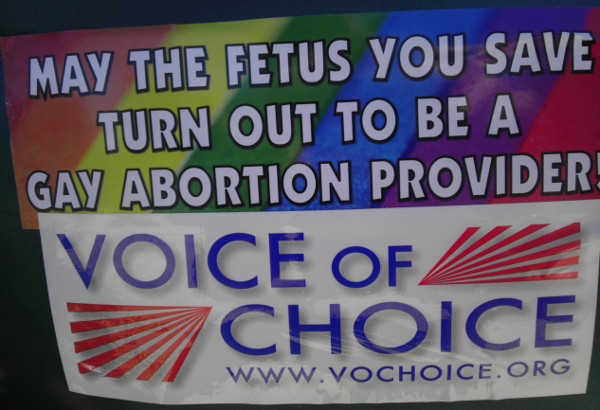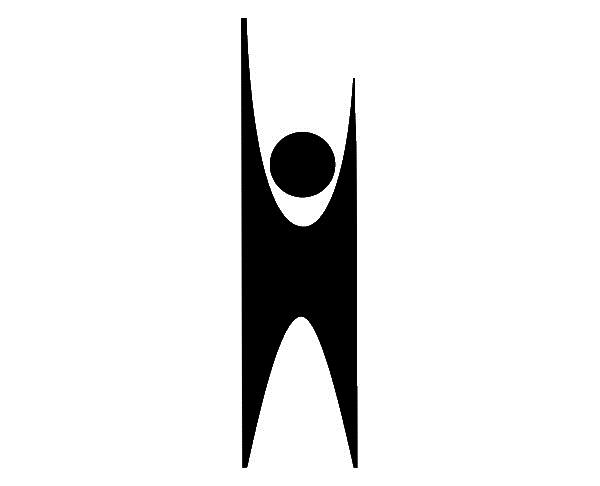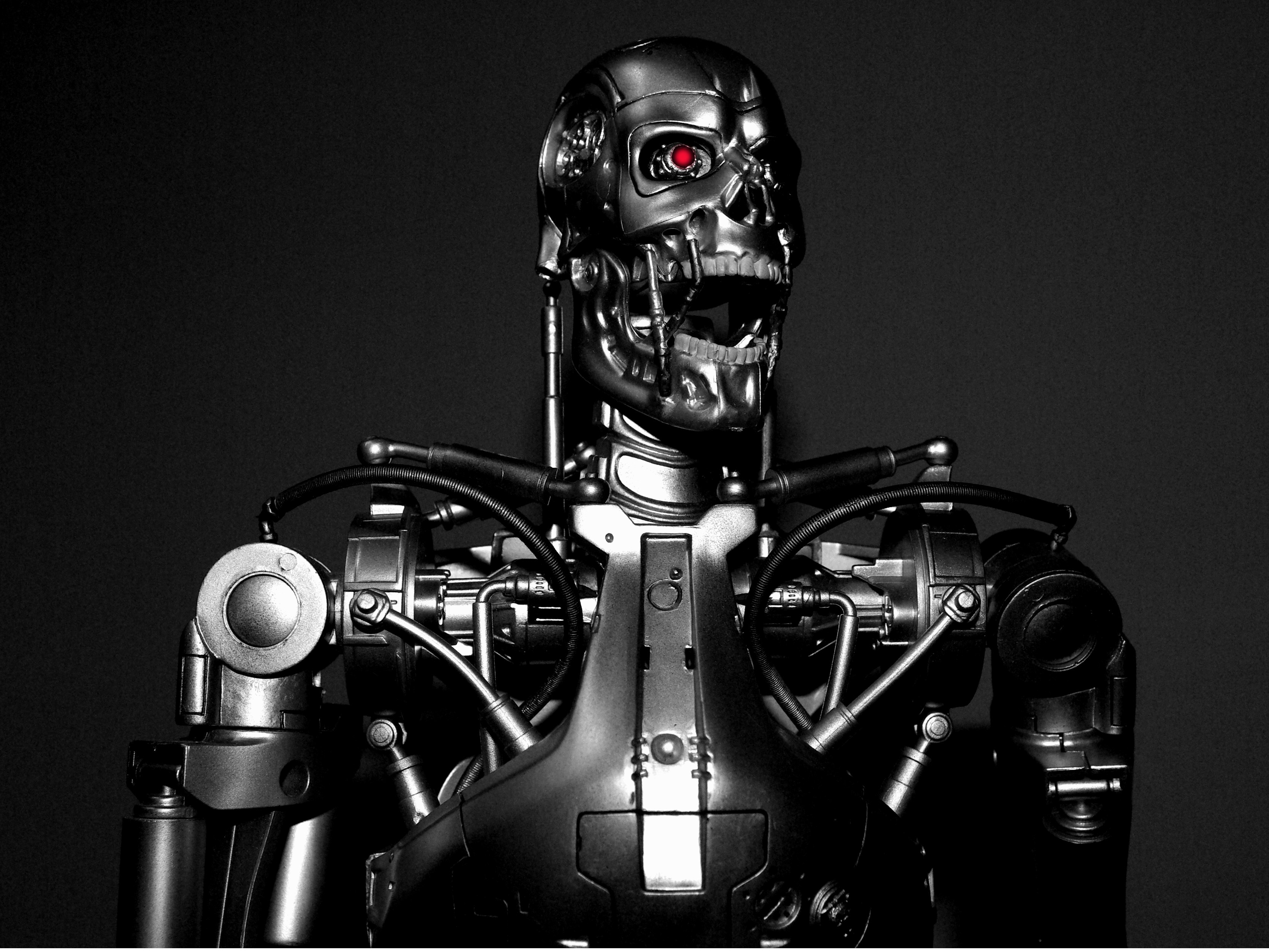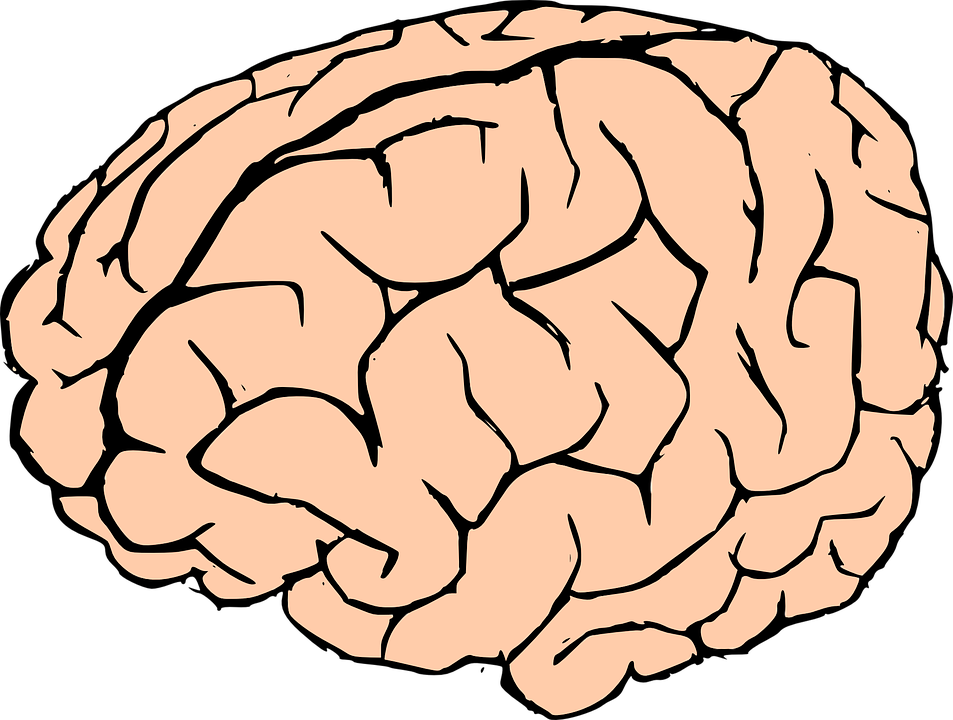Let me start by saying that there are no good arguments for elective abortion. It’s true that there are some emotionally and rhetorically strong ones that, when delivered with force and confidence, can steamroller a pro-lifer into submission.
However, force and emotion do not a good argument make. In fact, when unpacked and properly assesed many abortion-choice arguments are so bad and so absurd that it’s sometimes hard to know if they’re serious or not — but serious they are.
So, from ‘gay’ fetuses to cleansing the world of poor people, here are some responses to five common pro-choice arguments.
1 – “Don’t like abortion, don’t have one!”
This argument attempts to shift the emphasis from abortion being an act that is objectively wrong to an act that is merely about personal taste – like so: “Don’t like pineapples, don’t eat pineapples”. This, of course, is ethical tomfoolery; there is no moral dimension to eating a pineapple (unless you stole it). Abortion, conversely, is a moral minefield, because it involves the intentional taking of human life. To take the logic of this argument out for a test drive, consider the following statements:
“Don’t like slavery? Don’t own a slave.”
“Don’t like wife-beating? Don’t beat your wife.”
“Don’t like child abuse? Don’t abuse children”.
When you reduce something that is objectively wrong to something that is a matter of personal taste, you completely miss the point as to why people disagree with those things in the first place.

Completely missing the point here, lads.
Abortion – like wife-beating, slavery, and child abuse – has nothing to do with personal taste. When a person says “abortion is wrong” they are making an objective moral claim, not a subjective one. Abortion is wrong because it takes the life of an intrinsically valuable human being. Whether someone likes it or not is irrelevant.
2 – Abortion reduces crime rates.
This argument is reminiscent of the plot of the Steven Spielberg film, Minority Report. Set in the future, Minority Report tells the story of a guy on the run from “PreCrime,” a specialised police department that can arrest future criminals based on foreknowledge provided by special psychics.
And that’s pretty much exactly how this argument works, too. The unborn may become criminals in the future, therefore abortion can be a force for good in apprehending them. The only differences here being that crimes committed by the unborn are based on mere conjecture, and instead of being jailed the unborn get the death penalty.
Ironically, the people making this argument are often the ones who oppose the death penalty. Yet, here they are calling for it before a crime has even been committed. Spare the convicted rapist-killer, execute the might-be-convicted-in-20-years-time unborn girl. Yup. Welcome to our new rational and ethical future, people.
3 – May the fetus you save be gay!
The idea here is to call out religious people who oppose abortion and (possibly) homosexuality on religious grounds. The reasoning goes like this: “Hey, wouldn’t it serve those religious pro-life crazies right if a fetus they saved grew up to be gay? That’ll teach ’em! Bet they wish she’d been aborted now!”
This argument has several critical flaws. Firstly, it’s a genetic fallacy – that is, it attacks a perceived flaw in the origin of a person’s claim, then uses it to discredit the claim itself, like so:
- Most pro-lifers are religious.
- I think religion is wrong.
- Therefore, pro-lifers are wrong.
The fallacy of this argument is clear; a person’s religious beliefs have no more to do with the morality of abortion than they do about the morality of, say, human trafficking or racism or torturing the elderly for fun.

There’s a market for abortion merchandise. Who knew?
Secondly, this argument completely ignores the ever-growing amount of secular pro-life movements. Like this one, this one, and this one. David Silverman, the former president of American Atheists, famously conceded that secular arguments against abortion exist and aren’t going away. Even the revered atheist Christopher Hitchens leaned pro-life.
Worst of all, though, is its rancid hypocrisy. Each year, abortion kills hundreds of thousands of developing human beings that would have grown up to be gay. It seems the abortion-choice movement has no problem killing the LGBT community so as it’s before birth. It is the pro-life position, however, that argues from philosophy and science that all human life should be respected, regardless of age, gender, race, social standing, and sexual orientation.
4 – “Abortion is compassionate. You can’t condemn a child to a life of poverty!”
For several long, torturous years I lived on a street full of hard-partying students. Words can’t describe their awfulness. If only I had thought of this argument to justify getting rid of them. Here’s how the chat would go between me and my community police officer:
Me: “Yunno, those insufferable students are a real inconvenience. They pee in the entry and leave half-eaten curry chips on my window ledge. I’m going to kill them all.”
Police Officer: “You can’t do that! They’re whole and distinct human beings! Science confirms it!”
Me: “Well, that’s debatable. But think about it; I’m actually doing them a favour. They’re only going to spend their days living in poverty and squalor anyway. A diet of Cornflakes and Tennents Lager is no way to live.”
Police officer: “Hmm. I hadn’t thought of that. Here, use my gun.”
This argument is terrible and scary because it assumes that certain human beings are somehow less worthy of life than other human beings simply because of their circumstances. This is full-on eugenics. Hardly surprising, though, given that the abortion industry was built upon such ideology. Just ask Margaret Sanger.
5 – My body, my choice!
If there’s one thing the pro-abortion lobby has succeeded at, it’s in hijacking the word “choice”. Let’s dispel the myth now: pro-lifers are not “anti-choice”. They respect the right to choose. They believe, without exception, that a person should be free to choose their own partner, who to vote for, their own job, their own religion (or none), etc., etc.
However, choice has limitations. You cannot choose to skin dogs for personal pleasure, abuse children or shoot students. The very nature of those choices is abhorrent. You have no right to choose them. Nobody – bar tyrants and the criminally insane – believes they can choose to take the life of another human being with impunity.
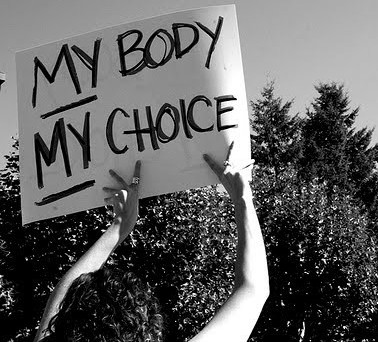
Moody black and white doesn’t make it true.
To “choose” abortion, then, begs the question and assumes something about the nature of the unborn. Are the unborn somehow different, less valuable, and off our moral radar? Can we just kill and dispose of them because their geographical location is different? Or because they’re smaller and less developed? Scientifically and philosophically, the answer to all of those is ‘no’.
And there are two bodies involved, not one. We know this because of embryology and ultrasound technology. Each human being has a unique set of DNA. Embryos have a unique set of DNA. Therefore, two human beings. Then, further along in development, the unborn can develop body parts and substances that a pregnant woman doesn’t have – like a penis or a different blood type. How is this possible if only one body is involved?
Progressive discrimination
It’s funny that pro-lifers are continuously charged with discrimination. They “discriminate” against women. They “discriminate” against doctors. They “discriminate” against a tolerant society. But actually, to be truly pro-choice – to support complete bodily autonomy – involves embracing pretty much every kind of discrimination. Abortion because it’s a girl? Sexist. Abortion because it has Down’s? Disability discrimination. Abortion at 22 weeks but not at 25 weeks? Ageist. Abortion because a mixed-race child wouldn’t be acceptable? Racist. Abortion because the gay gene has been discovered and some parents don’t want a gay fetus? Homophobic.
If this is what liberals mean by “progressive,” God help us all.

